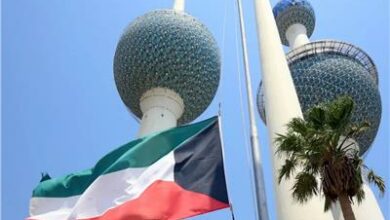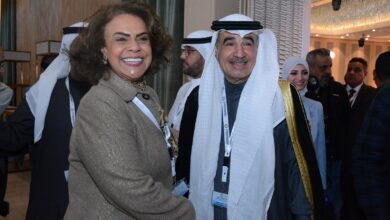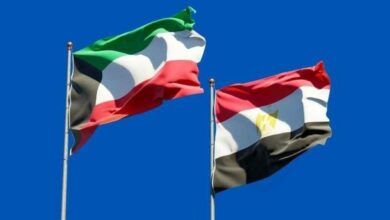Kuwait's ruler ordered the dissolution of parliament on Sunday, a senior government minister said, opening the way to a parliamentary election in the major oil-producing Gulf Arab state after months of political deadlock.
The emir, Sheikh Sabah al-Ahmad al-Sabah, had been widely expected to take the decision following a cabinet request to dissolve the assembly. Elections now need to be held within 60 days under constitutional rules.
Kuwait, a regional US ally, has a relatively open political system by Gulf standards and has avoided an uprising like those that have ousted leaders in four Arab states since early last year.
But tensions have grown between its elected parliament and hand-picked government. The emir, who has the final say in state affairs, picks the prime minister, who in turn selects a cabinet.
"The emir issued a decree to dissolve parliament," state news agency KUNA said, citing Information Minister Sheikh Mohammad al-Mubarak al-Sabah, who handles cabinet affairs.
The last parliamentary elections were in February and opposition Islamist and tribal candidates performed strongly. They formed an opposition bloc that put pressure on the government, which is dominated by the Sabah ruling family.
The opposition pushed two government ministers from their posts during that legislature.
Political upheaval has held up investment projects and economic reforms in the wealthy OPEC member state. This is the sixth dissolution of parliament since Sheikh Sabah came to power in early 2006.
Investment stalled
The parliament was last broken up in June by Kuwait's top court over a technicality. The old assembly that the court reinstated had been unable to meet because of a boycott by MPs.
The turmoil has held up a 30 billion dinar (US$108 billion) economic development plan and this year's phase of the project was rejected by opposition deputies in April.
The plan is supposed to provide a series of infrastructure projects including a new airport terminal, new oil refinery and hospitals, and is aimed at diversifying the oil-reliant economy and drawing in foreign investment.
The latest political row had frozen parliamentary debate — the 2012 assembly was not even able to approve a budget for the current financial year.
In a separate ruling last month, Kuwait's top court rejected a government bid to change voting boundaries, leaving it without a clear long-term option to resolve the political crisis.
The ruling suggested that when a new assembly is elected it will likely have a similar make-up to the one elected in February and could prove just as challenging to the government.
Opposition lawmakers and political activists have held a series of rallies in recent weeks outside parliament, numbering thousands of people, and have called for an elected government and a more transparent political system.
Political parties are banned in Kuwait so MPs form blocs based on policy and family ties.



